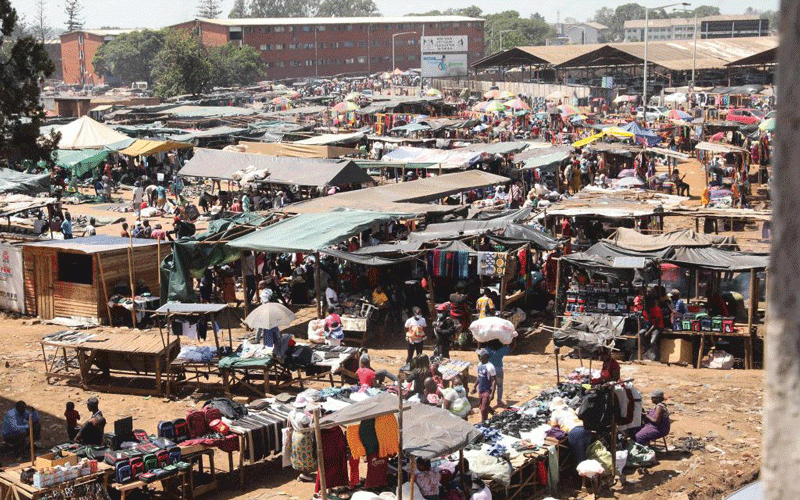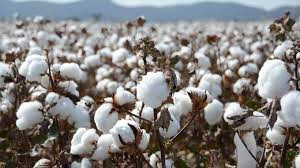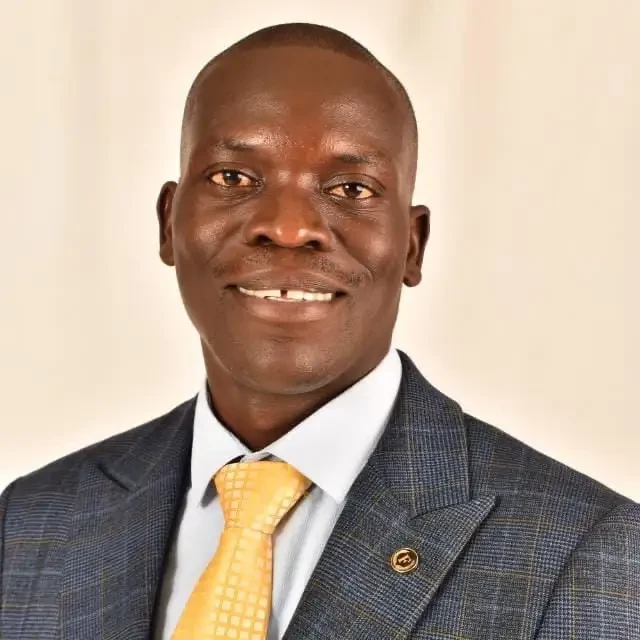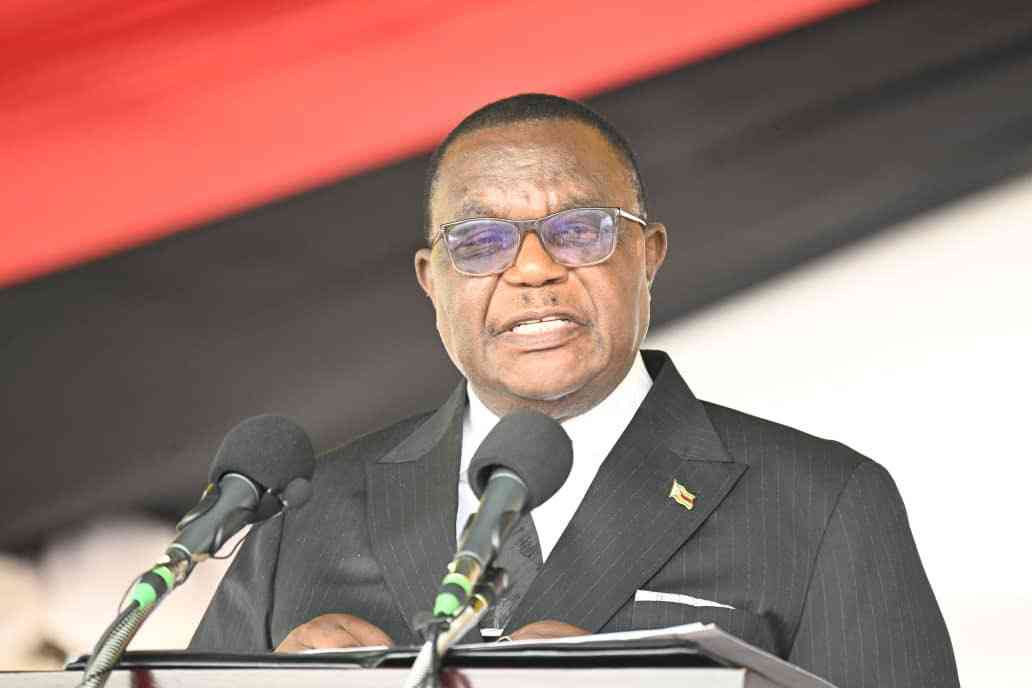
ZIMBABWE’s premier trade showcase for the first time in years attracted a huge number of exhibitors and visitors, but South Africa — the country’s largest trading partner — was conspicuous by its absence.
BY MTHANDAZO NYONI/NQOBANI NDLOVU
It was the first time the Zimbabwe International Trade Fair (ZITF) was held without former president Robert Mugabe, who was forced to resign last November following a military coup.
This year’s ZITF saw exhibition space surpassing the 100% mark, according to Ruth Ncube, the board chairperson of the ZITF Company, and some exhibitors were forced to display on pavements as the halls were full. In the past years, some ZITF halls were empty with parastatals and small to medium enterprises dominant. At some point, the ZITF was dismissed as a large flea market. A walk into the fair revealed quality exhibitions with most of the stands exquisitely designed.
Not to be outdone were the small-to-medium informal traders, who also responded in large numbers.
Running under the theme: Sustainable Industrial Development — Inclusive, Competitive, Collaborative, the international showcase was officially opened by President Emmerson Mnangagwa on Friday.
ZITF was attended by foreign exhibitors and buyers from countries across the world including Botswana, Ethiopia, Indonesia, Japan, Kenya, Malawi, Mozambique, Nigeria, South Africa and Zambia.
China, Cyprus, Germany, Ghana, India, Namibia, Malaysia and the United Arab Emirates were represented by individual companies.
- Chamisa under fire over US$120K donation
- Mavhunga puts DeMbare into Chibuku quarterfinals
- Pension funds bet on Cabora Bassa oilfields
- Councils defy govt fire tender directive
Keep Reading
The South African government’s Department of Trade and Industry (DTI), however, did not exhibit at this year’s edition of the ZITF, a major blow for the trade showcase.
During the 2016 ZITF, the DTI said it had secured 431 trade leads and 21 Zimbabwean agents were appointed, showing the scale of the loss the country could suffer due to their lack of participation.
DTI’s failure to send a delegation could be a blow to Zimbabwe, as in 2016 the department said it had recorded export sales of R10 million during the trade fair period and was boisterous about prospects in 2017.
The majority of government-run parastatals in Zimbabwe that are known to be operating below capacity owing to unbridled corruption and decades of poor economic performance were all present.
In equal measure, local private companies, who make up about 25% of the exhibitors, have struggled to stay afloat, but their image at the fair seemed to sell a dummy. Alpha & Omega Dairy official Cassim Asani said their projections were realised at the just-ended ZITF.
“Our expectations at ZITF 2018 were met and actually we are happy. As compared to last year, this year there are a lot of exhibitors, which means there is a future for ZITF,” he said.
“As long as ZITF is there, there is a future also for Alpha & Omega because we have been participating since the formation of the company and we are doing well and improving.”
Dairibord beverages brand manager Osten Mungofa echoed similar sentiments.
“Yes, our expectations were met because we had a good traffic of people coming through interacting with us,” he said.
“ We also managed to get some insights about what consumers think about us and what they want to be improved.”
“It was a good exposure for us. So, it was a worthwhile investment.”











